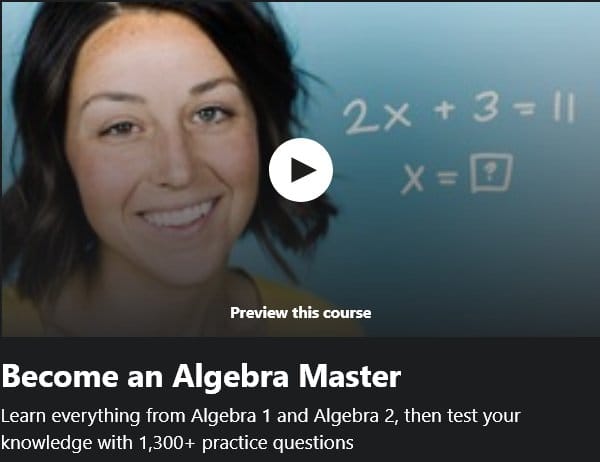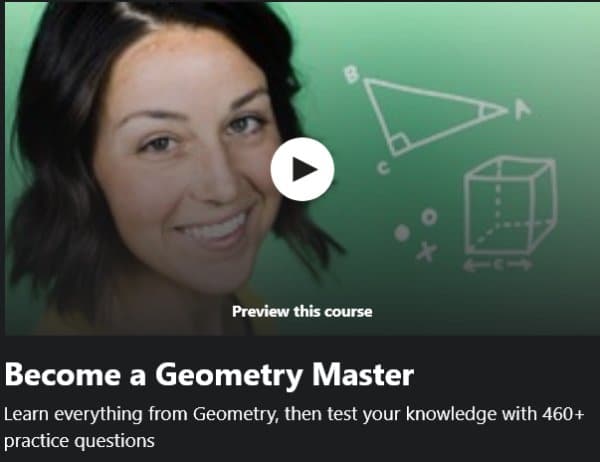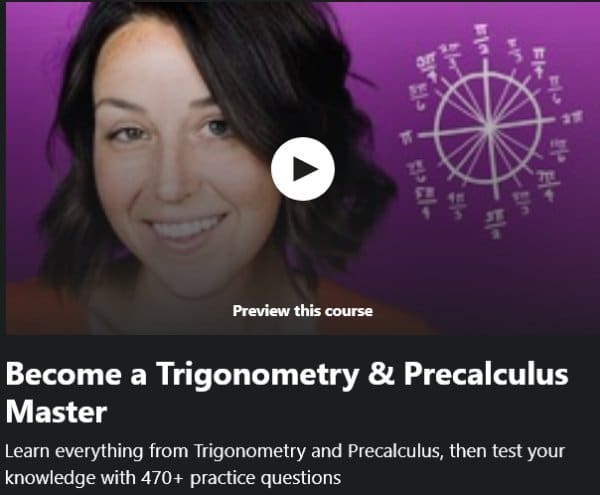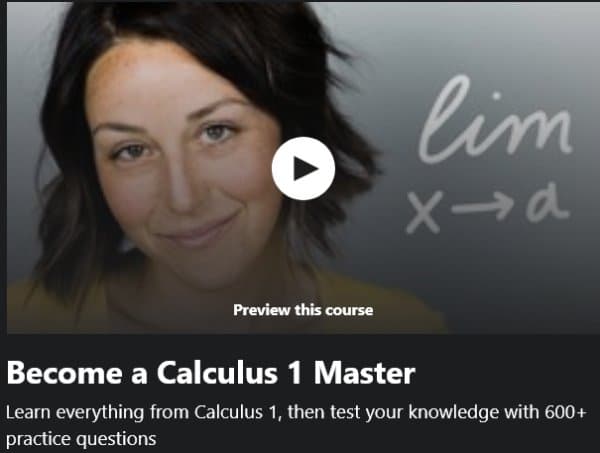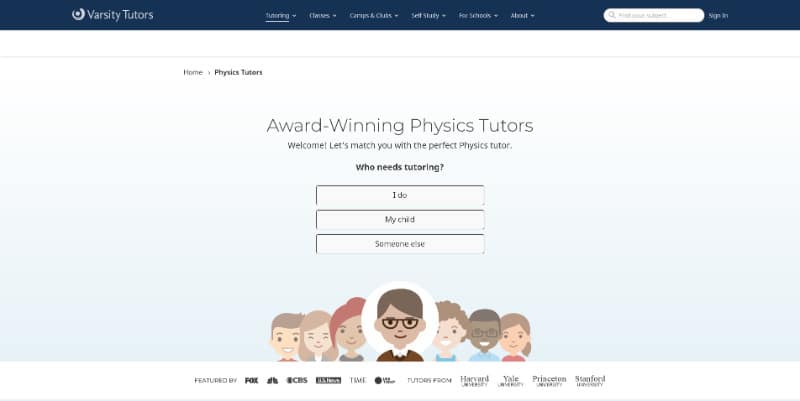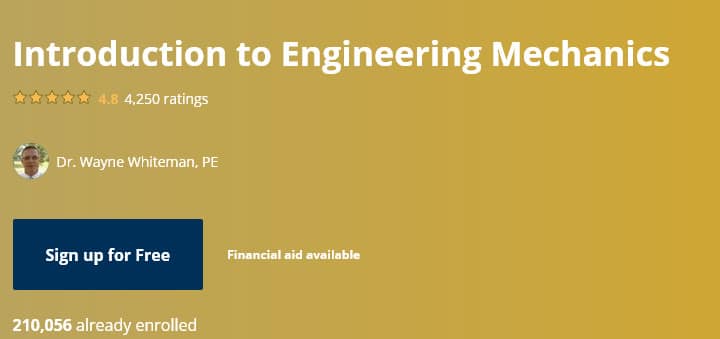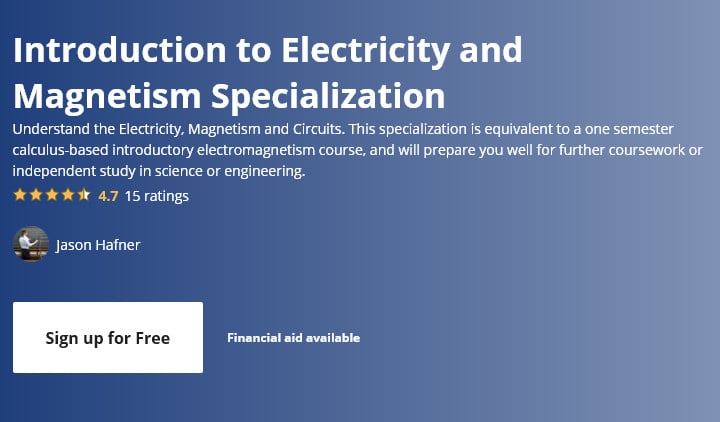If you are thinking about taking AP Physics, it is important to make sure that you have the prerequisites necessary for success. In order to be successful in this course, you should have a strong foundation in algebra and trigonometry.
You should also be able to think critically and problem solve. If you feel like you need a little refresher before enrolling in AP Physics, consider taking an Online Algebra Course (Click Here)
AP Physics Prerequisites
AP Physics 1 Prerequisites
AP Physics 1 does not require any prior physics knowledge or experience. The course is designed to be taken by students who have completed a high school level geometry course and are currently taking Algebra II.
Learn More: Best AP Physics 1 Textbooks
AP Physics 2 Prerequisites
If you have completed AP Physics 1 and also taken precalculus, you are ready for AP Physics 2.
The topics covered in AP Physics 2 build on the concepts learned in AP Physics 1.
In addition to the prerequisite of completing AP Physics 1, one of the most important things you can do to prepare for AP Physics 2 is to make sure you are comfortable with basic algebra and trigonometry.
AP Physics C Prerequisites
In order to take AP Physics C, you will need to have completed both AP Physics 1 and AP Physics 2, as well as having taken calculus.
If you haven’t taken calculus yet, I would highly recommend doing so before taking AP Physics C. Calculus is a necessary prerequisite for the course, and it will help you better understand the concepts that are covered in it.
AP Physics Math Requirements
In order to take AP Physics, students are typically expected to have completed Algebra 1 & 2, Geometry, Pre Calculus, Trigonometry, and Calculus.
Below you’ll find some helpful online courses that you can take to brush up on the math skills you’ll need to succeed in AP Physics.
Table of Contents
Online Math Courses for AP Physics Students
Algebra 1 & 2
If you’re looking for a refresher on the algebra you’ll need for AP Physics, I highly recommend Become an Algebra Master (View Course). It’s a self-paced online course that covers everything from basic operations to solving complex equations.
The best part is that it’s designed to be compatible with any level of math knowledge, so whether you’re just starting out or you’re already comfortable with algebra, this course can help you build your math skills. And since it’s entirely online, you can access it any time and from anywhere.
Plus, this course has plenty of practice problems and quizzes to help you test your understanding along the way.
Geometry
Become a Geometry Master (View Course) is designed for students who want to review geometry in preparation for AP Physics or any other college-level courses that require a firm understanding of geometry. The course covers all of the basic concepts of geometry, and provides practice problems and solutions to help students understand how to apply these concepts in school and the real world.
Pre Calculus & Trigonometry
Become a Pre Calculus & Trigonometry Master (View Course) is designed to help students improve their understanding of trigonometry and boost their test scores. The course includes video lessons and practice problems, and you can learn at your own pace and get plenty of practice before taking AP Physics.
Calculus
Become a Calculus Master (View Course) is designed to help students understand calculus in a way that builds upon their knowledge of algebra and geometry. Additionally, the course offers plenty of practice problems and quizzes to help students test their understanding and retention of key concepts. Ultimately, the Become a Calculus 1 Master Course can help students improve their understanding of calculus and set them up for success in college-level math courses.
The course is taught by an experienced calculus instructor who has helped many students achieve success in AP Physics and other advanced mathematics courses. The lessons are interactive and engaging, and there are plenty of practice problems to help you master the material. Plus, there is a built-in assessment system that will track your progress and ensure that you are ready for more difficult mathematics courses.
Looking for Help Preparing for AP Physics?
Looking for help preparing for AP Physics? Varsity Tutors can connect you with an award-winning physics tutor who can help you focus on the key topics you need to know. Once you sign up your physics tutor can provide personalized instruction and assessment, so you’ll be ready to take the AP Physics exam with confidence.
Plus, their online platform makes it easy to get started and schedule your sessions around your own busy schedule. Visit Varsity Tutors today to get started (Click Here)
Overview of AP Physics 1 & 2
AP Physics 1

The AP Physics 1 course is on par with the first semester of a traditional college-level physics course. It covers Newtonian mechanics (including rotational dynamics and energy), fluids, waves and sound, thermodynamics, and light. These topics are essential for understanding basic principles in more advanced physics courses. As such, students who take AP Physics 1 have a strong foundation on which to build their knowledge of physics.
Topics Covered in AP Physics 1:
- Kinematics
- Newton’s Laws of Motion
- Torque
- Rotational Motion and Angular Momentum
- Gravitation and Circular Motion
- Work, Energy, and Power
- Linear Momentum
- Oscillations, Mechanical Waves, and Sound
- Electric Circuits
AP Physics 2
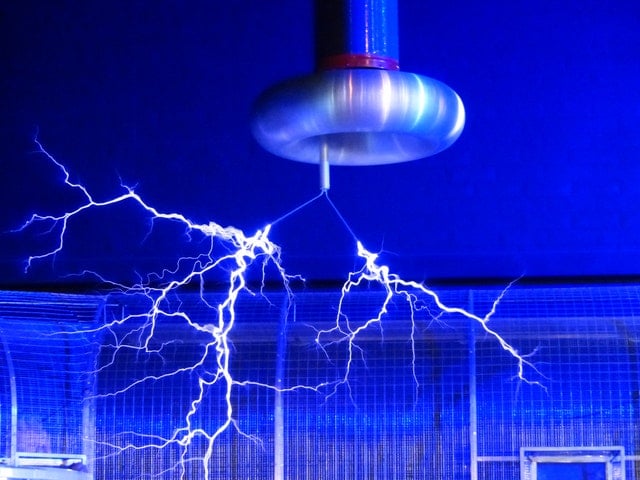
AP Physics 2 is a college-level, algebra-based physics course that covers fluid mechanics; thermodynamics; electricity and magnetism; and atomic and nuclear physics. If you are interested in taking this course, be sure to check out the College Board website for more information.
Topics Covered in AP Physics 2:
- Fluid Statics and Dynamics
- Thermodynamics
- Kinetic Theory
- Electrostatics
- Electrical Circuits
- Magnetic Fields
- Electromagnetism
- Physical and Geometric Optics
- Modern Physics
Overview of AP Physics C
There are two separate AP Physics C courses – Mechanics and Electricity & Magnetism. Each of these courses covers a different set of topics, and students can take both courses concurrently or one after the other.
The Mechanics course focuses on the physical laws that govern the motion of objects. It covers topics such as force, momentum, energy, and collisions.
The Electricity & Magnetism course focuses on the electrical and magnetic properties of matter. It covers topics such as circuits, capacitance, electromagnetism, and waves.
Both courses are rigorous and challenging, but students who have a strong background in physics, algebra, trigonometry, and calculus will be ready for AP Physics C
AP Physics C: Mechanics
The AP Physics C Mechanics course covers the following topics: kinematics, Newton’s laws of motion, work and energy, power, systems of particles and linear momentum, circular motion and rotation, oscillations, and gravitation.
Each topic is covered in-depth with examples to help you understand the concepts.
Topics Covered in AP Physics C: Mechanics:
- Kinematics
- Newton’s Laws of Motion
- Work, Energy, and Power
- Systems of Particles and Linear Momentum
- Circular Motion and Rotation
- Oscillations and Gravitation
AP Physics C: Mechanics Preparation
The best way to prepare for AP Physics C Mechanics is by taking a course like Introduction to Engineering Mechanics (View Free Course)
AP Physics C: Electricity & Magnetism
Electricity and Magnetism are two of the most fundamental forces in our universe. Together, they make up AP Physics C Electricity & Magnetism. In this course, you will learn about electrostatics, conductors, capacitors, dielectrics, electric circuits, magnetic fields, and electromagnetism.
You will also explore how these concepts apply to the real world. This is a challenging but rewarding course that covers some of the most important principles in physics.
If you are interested in learning more about electricity and magnetism, or if you want to challenge yourself with one of the most difficult AP courses available, then this is the class for you.
Topics Covered in AP Physics C: Electricity & Magnetism:
- Electrostatics
- Conductors, Capacitors, and Dielectrics
- Electric Circuits
- Magnetic Fields
- Electromagnetism
AP Physics C: Electricity & Magnetism Preparation
The best way to prepare for the AP Physics C: Electricity & Magnetism course is by taking Introduction to Electricity and Magnetism (View Free Course)


